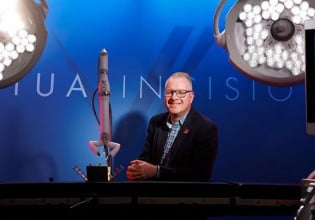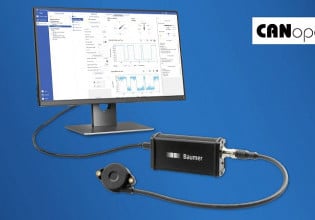M
I would really appreciate insightful, first-hand experience on the following:
I have a B.S. in Comp. Eng w/ a minor in Comp Sci. I am currently attempting to go to grad school (after 5 years post undergrad - been working in industry).
My dilemma is trying to determine my grad course of study. I enjoy portions of Comp. Sci, Comp. Eng, and EE. However, there isn't one branch in which I enjoy everything. For example, in Comp Sci, I don't really care for the analysis of algorithms (seems highly academic). In Comp Eng, I am not really interested in SoC design. In EE, I am not really interested in Power-related design.
Here is a list of the topics I enjoy (ranked in order of preference):
* Verilog/VHDL/FPGA programming/Digital Logic * design
* Embedded programming / RTOS(low-level C)
flight controls/feedback systems (low-level C programming) (e.g. braking systems, rudder controls, lvdt, actuators, sensors, etc).
In a nutshell, I enjoy programming something that moves However, understanding, electrically/physically, the entity that moves would be of great benefit.
However, understanding, electrically/physically, the entity that moves would be of great benefit.
I have worked a few SW Eng. contracts on DO-178B lv A closed-loop feedback systems, and I really enjoy the criticality of the work. I have found it seems harder, or there are less jobs, in digital design/FPGA-based work. Therefore, I have not worked in what is likely considered the emphasis of my degree). I have also worked in embedded crypto. I have found, that if I had more solid footing in Electrical Engineering, coupled with my previous degree/experience in Comp Eng, I might be able to be more actively involved in projects of greater complexity, as well as lean towards system engineering positions.
There are grad programs that provide specialization in Control Systems/Theory of dynamical systems. Does anyone have feedback on this field? Is it the case you study the theory, but in reality hardly any of it gets used?
If anyone has any pertinent feedback, I would appreciate it. Thanks.
I have a B.S. in Comp. Eng w/ a minor in Comp Sci. I am currently attempting to go to grad school (after 5 years post undergrad - been working in industry).
My dilemma is trying to determine my grad course of study. I enjoy portions of Comp. Sci, Comp. Eng, and EE. However, there isn't one branch in which I enjoy everything. For example, in Comp Sci, I don't really care for the analysis of algorithms (seems highly academic). In Comp Eng, I am not really interested in SoC design. In EE, I am not really interested in Power-related design.
Here is a list of the topics I enjoy (ranked in order of preference):
* Verilog/VHDL/FPGA programming/Digital Logic * design
* Embedded programming / RTOS(low-level C)
flight controls/feedback systems (low-level C programming) (e.g. braking systems, rudder controls, lvdt, actuators, sensors, etc).
In a nutshell, I enjoy programming something that moves
I have worked a few SW Eng. contracts on DO-178B lv A closed-loop feedback systems, and I really enjoy the criticality of the work. I have found it seems harder, or there are less jobs, in digital design/FPGA-based work. Therefore, I have not worked in what is likely considered the emphasis of my degree). I have also worked in embedded crypto. I have found, that if I had more solid footing in Electrical Engineering, coupled with my previous degree/experience in Comp Eng, I might be able to be more actively involved in projects of greater complexity, as well as lean towards system engineering positions.
There are grad programs that provide specialization in Control Systems/Theory of dynamical systems. Does anyone have feedback on this field? Is it the case you study the theory, but in reality hardly any of it gets used?
If anyone has any pertinent feedback, I would appreciate it. Thanks.






